By Oumar Sidibe *
Who could have imagined in 1985, when the war between Mali and Burkina Faso broke out, that these two countries would be forming a federation today?
Mali and Burkina are two border countries with strong cultural and linguistic connections. They have similar relations as with Senegal, with which Mali has already formed a federation between 1959 and 1960.
This connection goes back to the pre-colonial period and has survived the test of colonization. Both Mali and Burkina were part of the Malian empire, which also extended into present-day Senegal, Guinea and the Gambia.
In order to understand the Mali-Burkina federation idea, it is also necessary to understand that the borders resulting from the Berlin conference, which delimited these countries, do not explain the real socio-cultural realities between the post-colonial states.
The Burkinabe are not only Burkinabes. They are also the Mandé, the Markas, the Sénoufo, and the Bobo, who also constitute a large part of the population of Mali.
This is what the current Prime Minister of Burkina Faso, Apollinaire Joachimson Kyelem de Tambèla, was talking about when he said: “The peoples are already federated and it is the administrative and political devices that separate them. We can try to put aside these artifices so that the peoples can meet and go together much more easily. To be clear, we are committed to the federation of our two countries”.
Another dynamic explains this current desire to establish a federation: the need for security.
Both countries have experienced coups that have enjoyed widespread popular support.
For a decade, Mali and Burkina Faso have been hit by terrorism and growing insecurity. The thousands of deaths caused by this conflict, as well as the resulting humanitarian crisis, have created a strong demand for the security of citizens and an intolerance of bad governance among the population of both countries.
Numerous demonstrations took place in both countries. These demonstrations had the particularity of a pan-African solidarity and transnational demands, but also claimed the immediate end of relations between their countries and France, the ex-colonial power of the two countries. The people demanded the departure of the governments that were perceived as submissive to French imperialism.
This dynamic of decolonization is also important in the analysis of this evolution. The very existence of Mali and Burkina is a consequence of French colonization. From 1960 to the present day, these two countries have experienced multiple crises and very little development under strong French influence.
Numerous opinion leaders condemn French involvement in the death of President Thomas Sankara, an emblematic Burkinabe figure, while in Mali supporters of Modibo Keita’s policies are also growing stronger and criticize the idea of any relationship with France.
As part of the fight against terrorism, France has provided support to both countries, via the Barkhane operation, which was finally ended at the request of the leaders of both countries.
In Mali as in Burkina, France is suspected of being part of the problem and not part of the solution. Malian officials, including Mali’s Prime Minister Choguel Kokalla Maiga, have accused France of supporting terrorism, a serious accusation to which Mali has submitted a request for an emergency meeting of the UN Security Council.
The idea of the federation could be seen as a form of union to counter French influence in the region in the long term. Therefore, it could present a broader federation project that could include not only Mali and Burkina Faso, but also Guinea and Chad, where the current Prime Minister of Burkina Faso has proposed joining the federation.
This would be the most important step in recent history towards pan-African unity in the continent, which was artificially divided into different states by the colonialists.
* Member of Mali’s National Youth Council




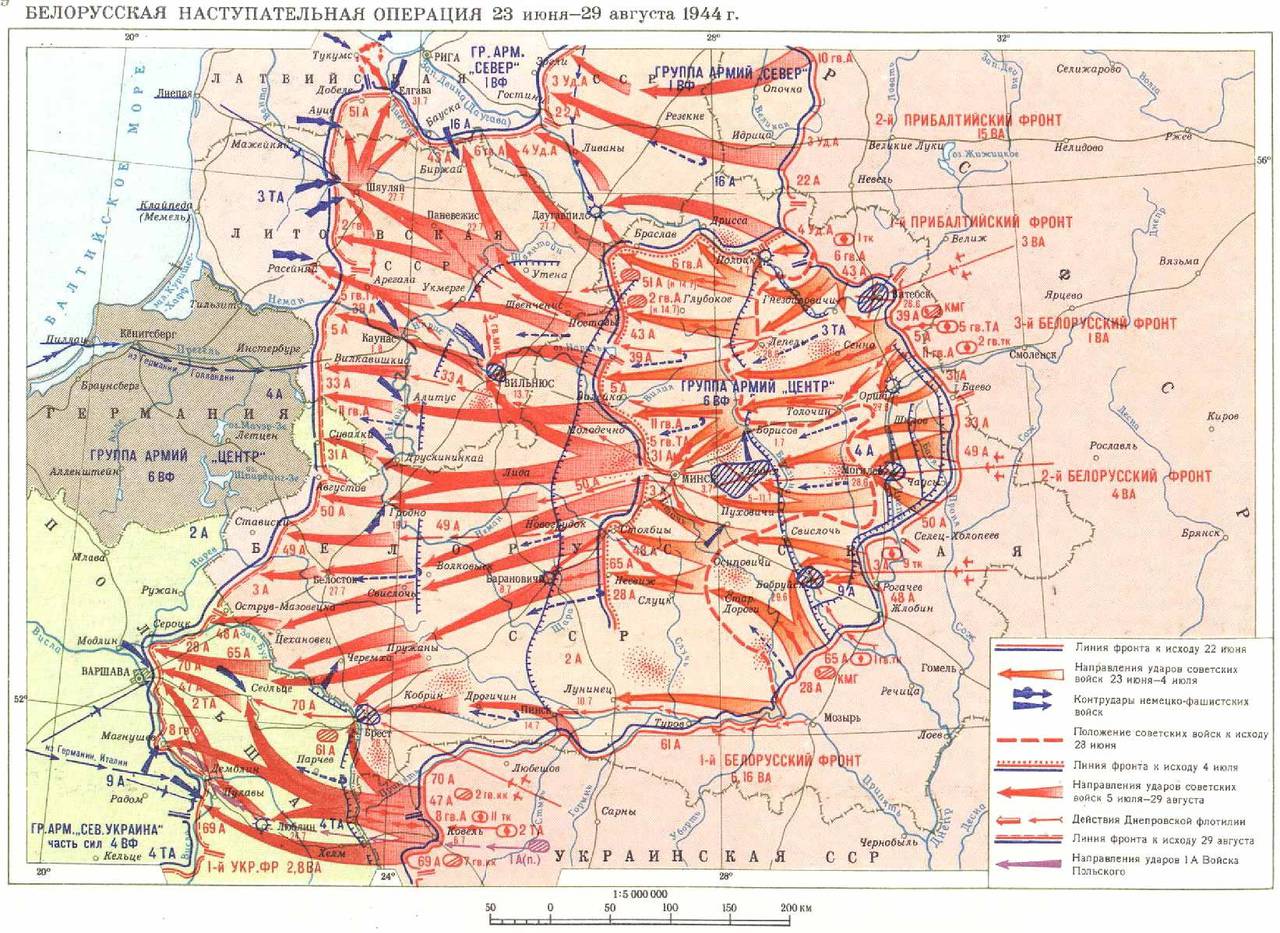
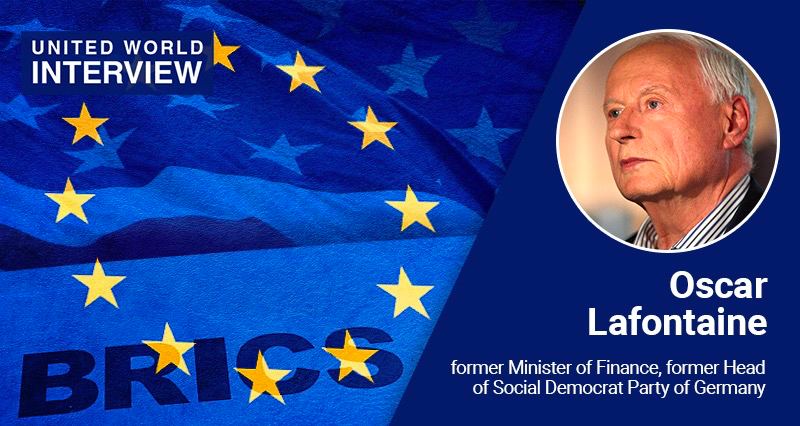

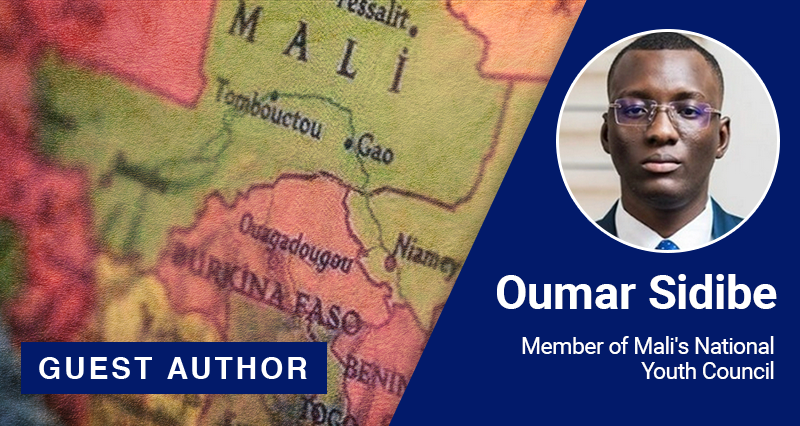
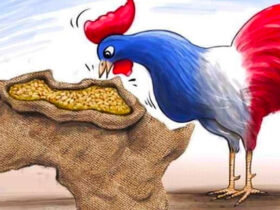
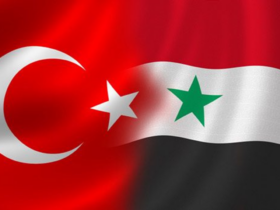
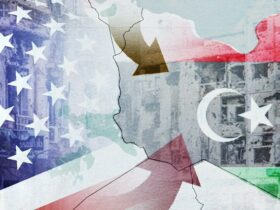

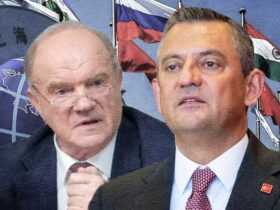
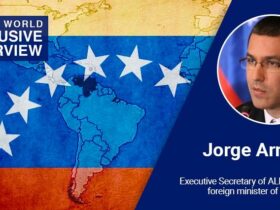
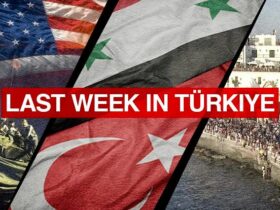
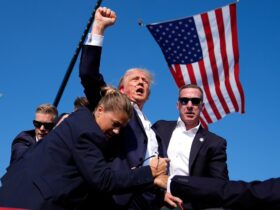

Leave a Reply